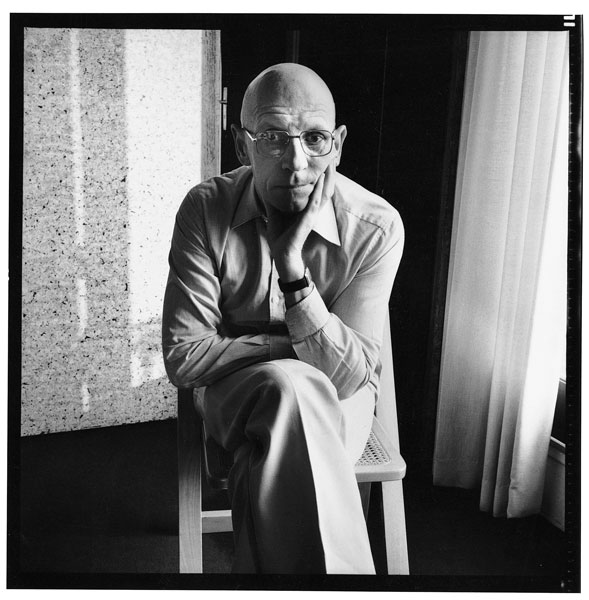What you are about to read is a ________________about a lot of things. I don’t know what it is. In fact, “I” think this piece reads sort of like the experience of walking through those parking lot markets where acrylic mink blankets with the likes of Bieber, pit bulls, Pink Floyd and, of course, unicorns are being sold. It’s corny with a hint of cheese and alotta kitsch.
I don’t agree much with the content, but, man, Chet Tiffany is writing in a way I’ve never seen. What is it exactly? What “is” this style? What would you call it? What genres are being mixed?
My friend, Vanessa, discovered Chet Tiffany in the Giant Nickel classifieds newspaper. Thank you, Vanessa, for recognizing something many of us have never thought we wanted to see before. And, Chet Tiffany, thank you for deciding to publish your work.



